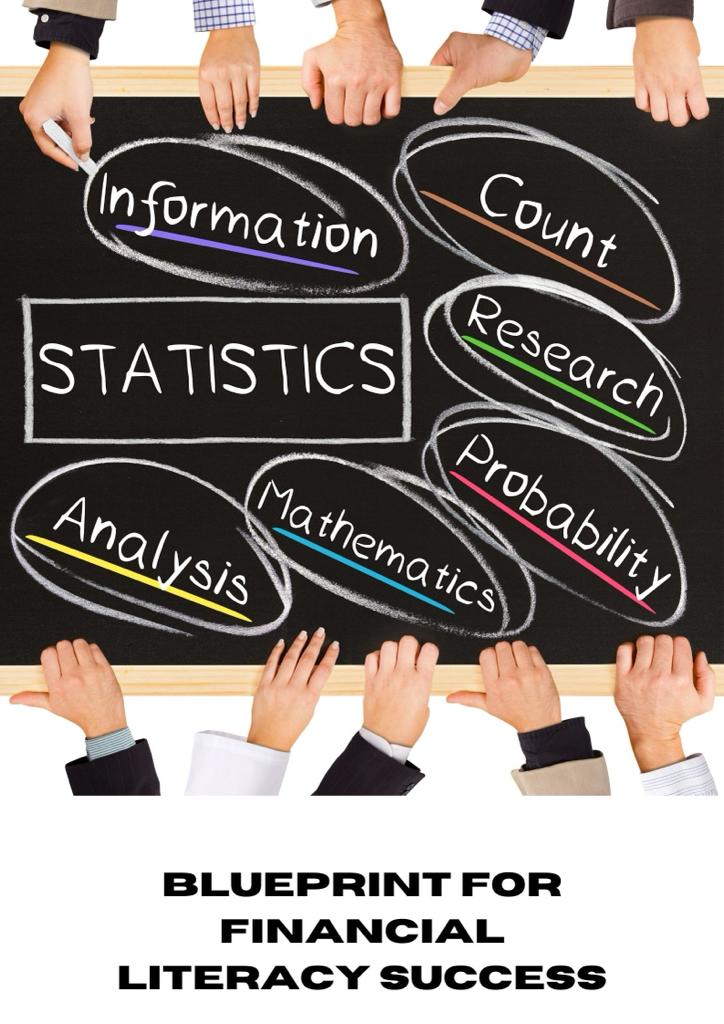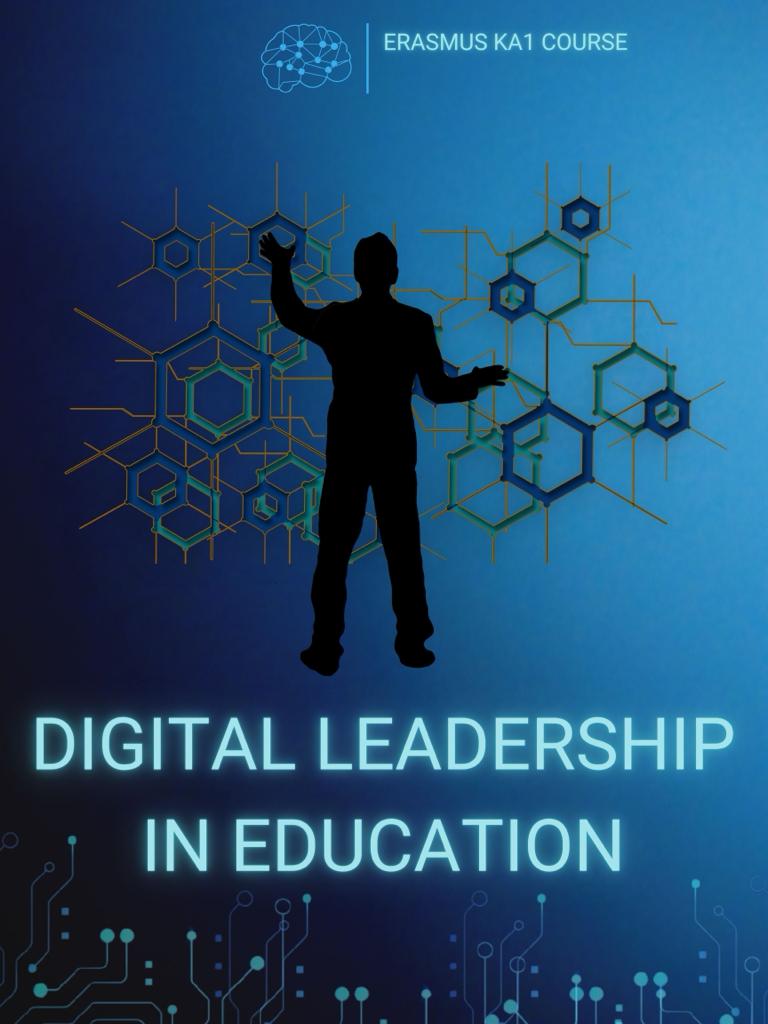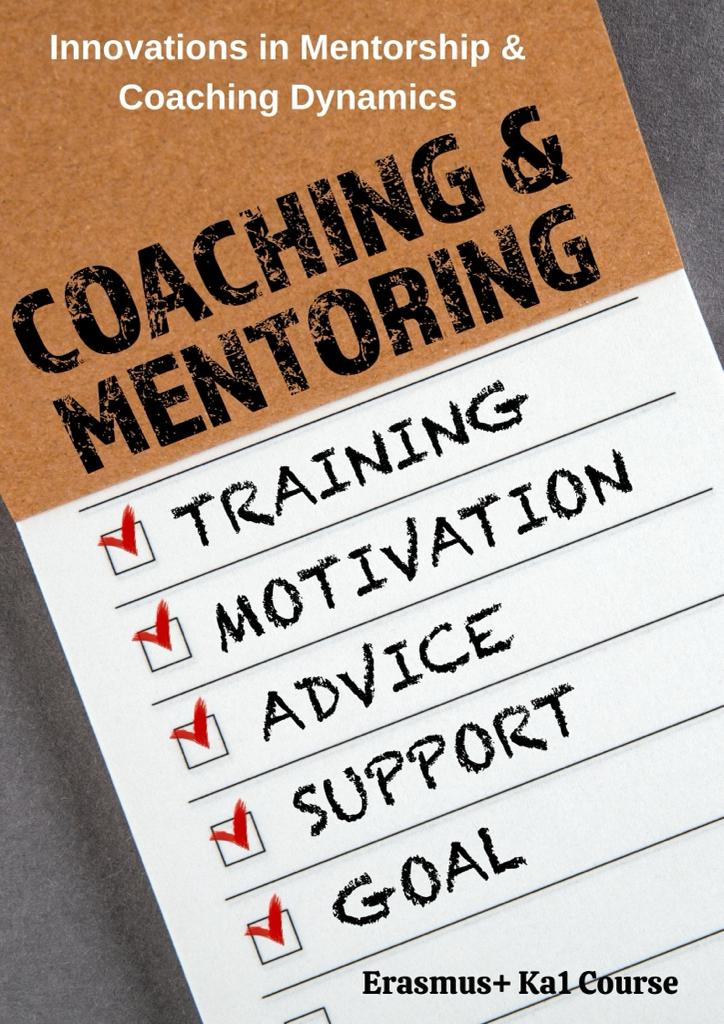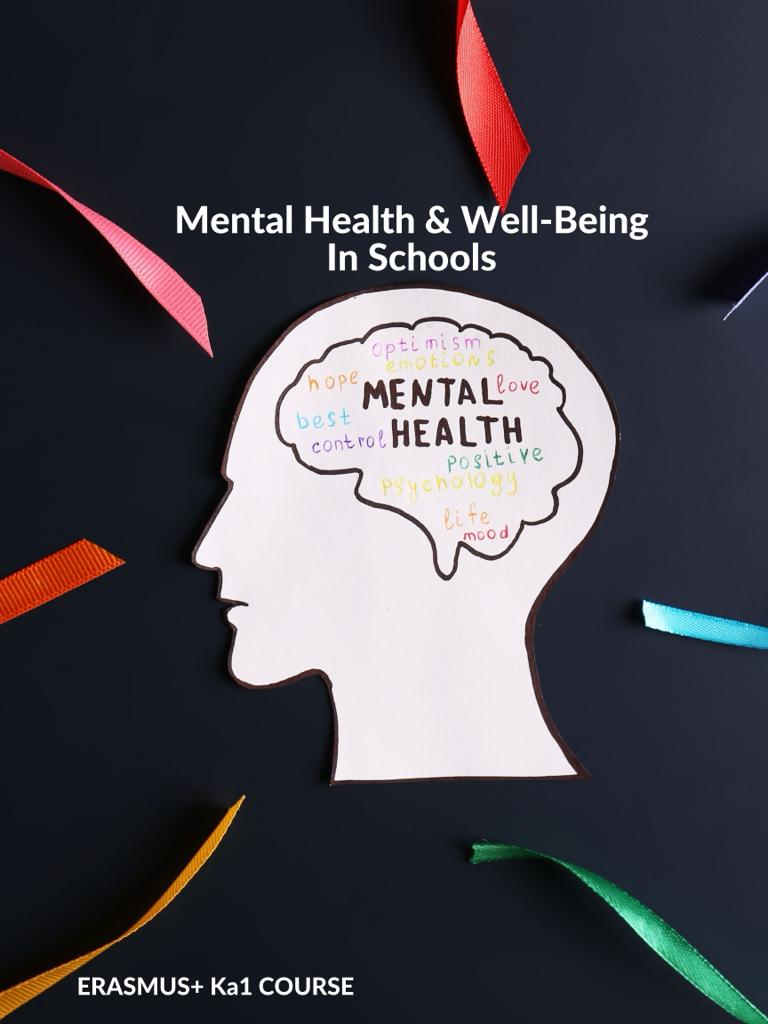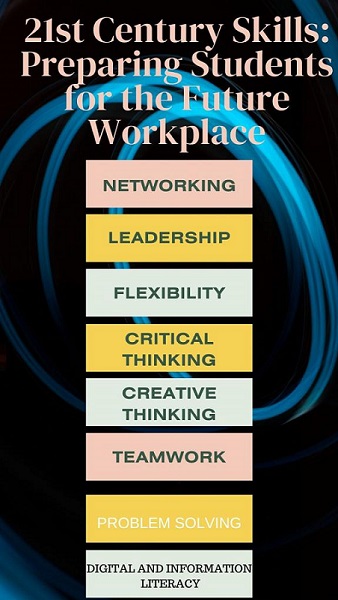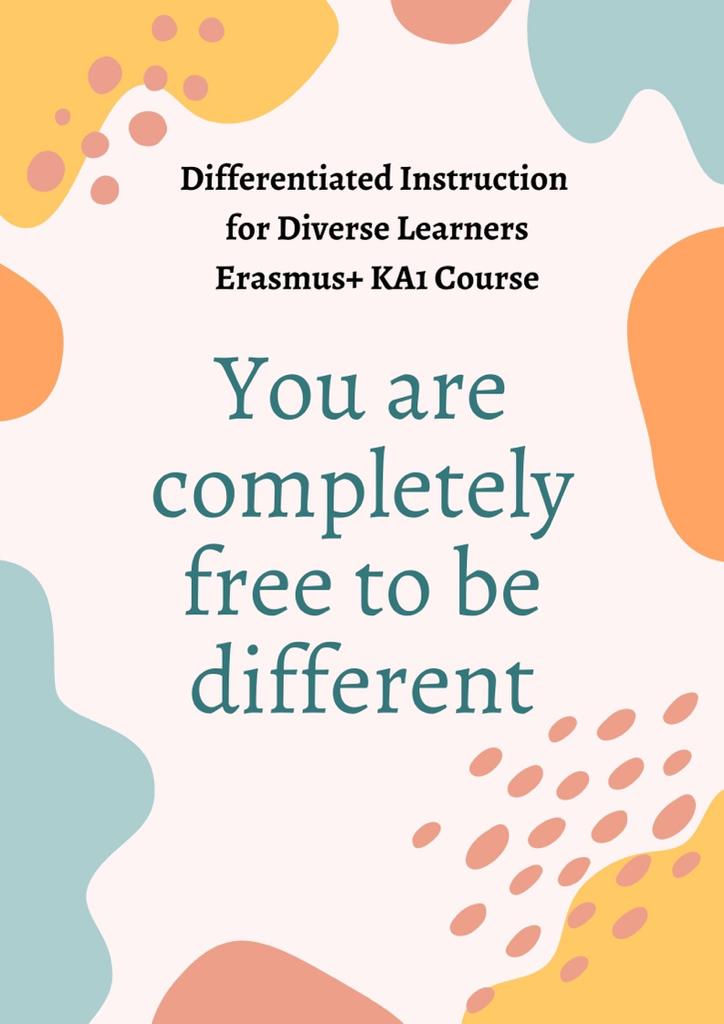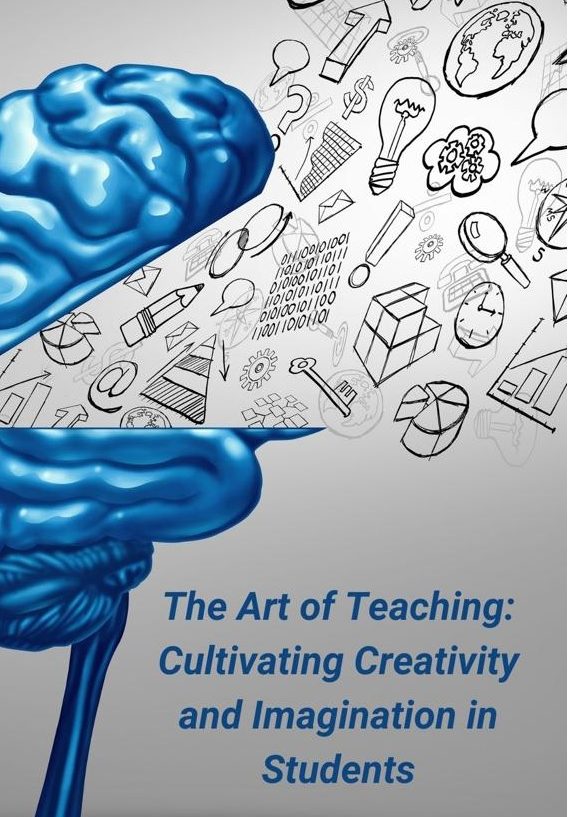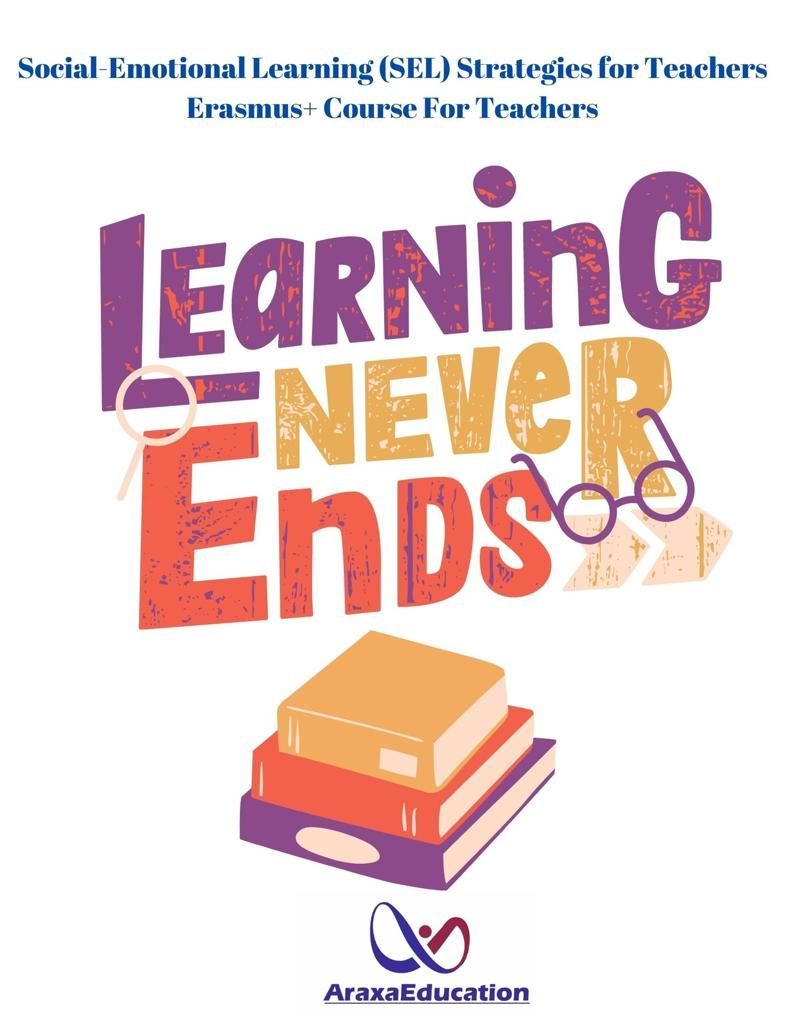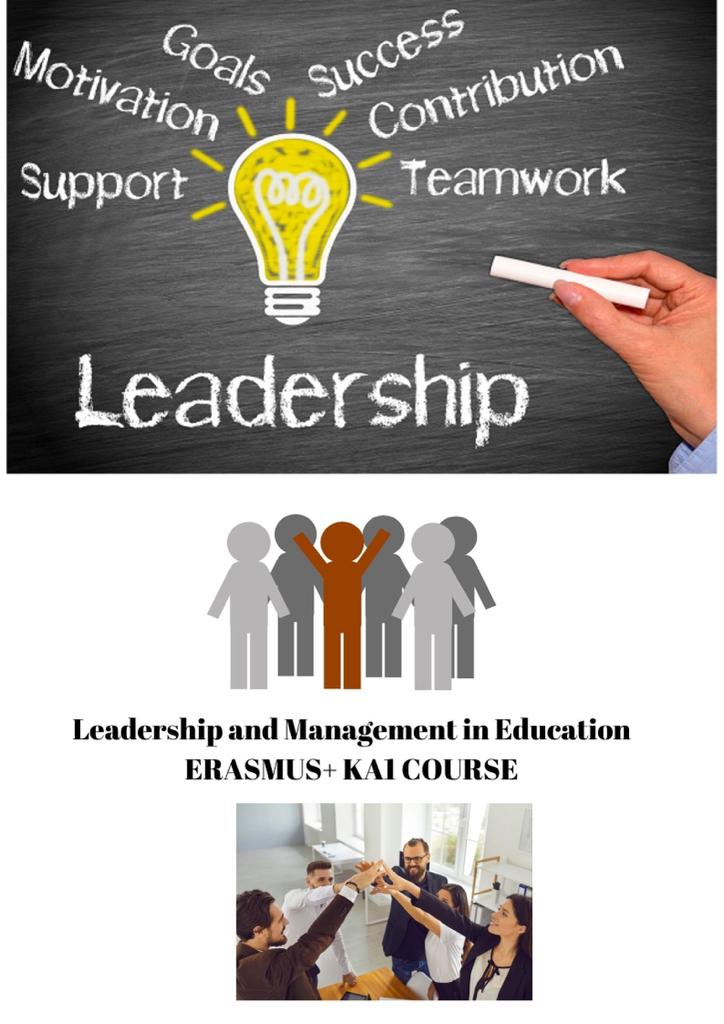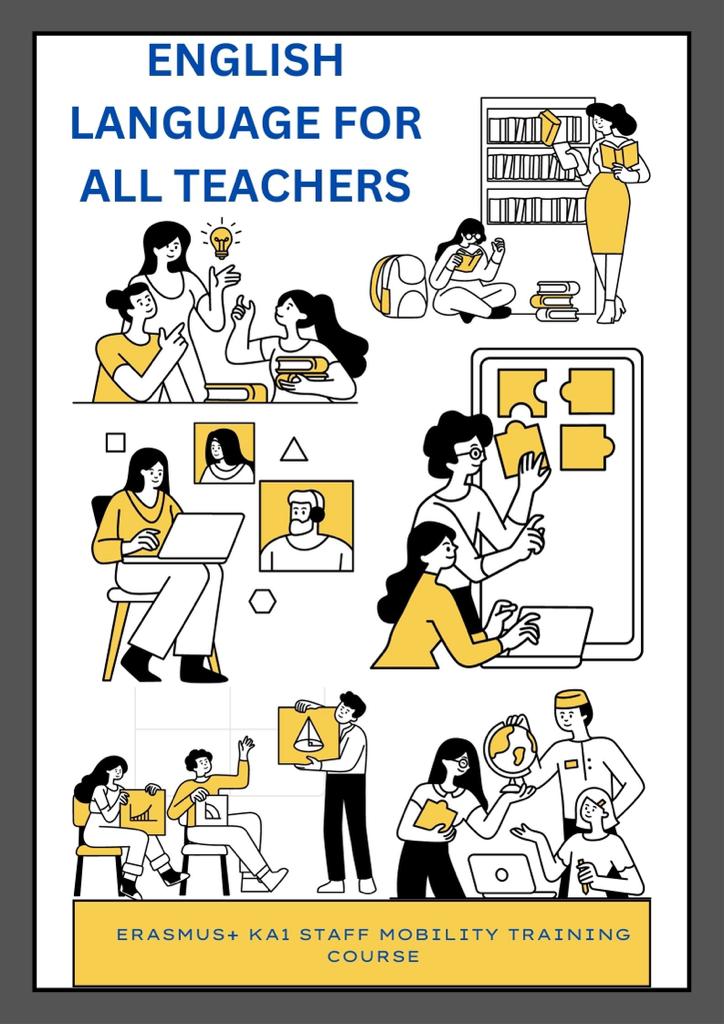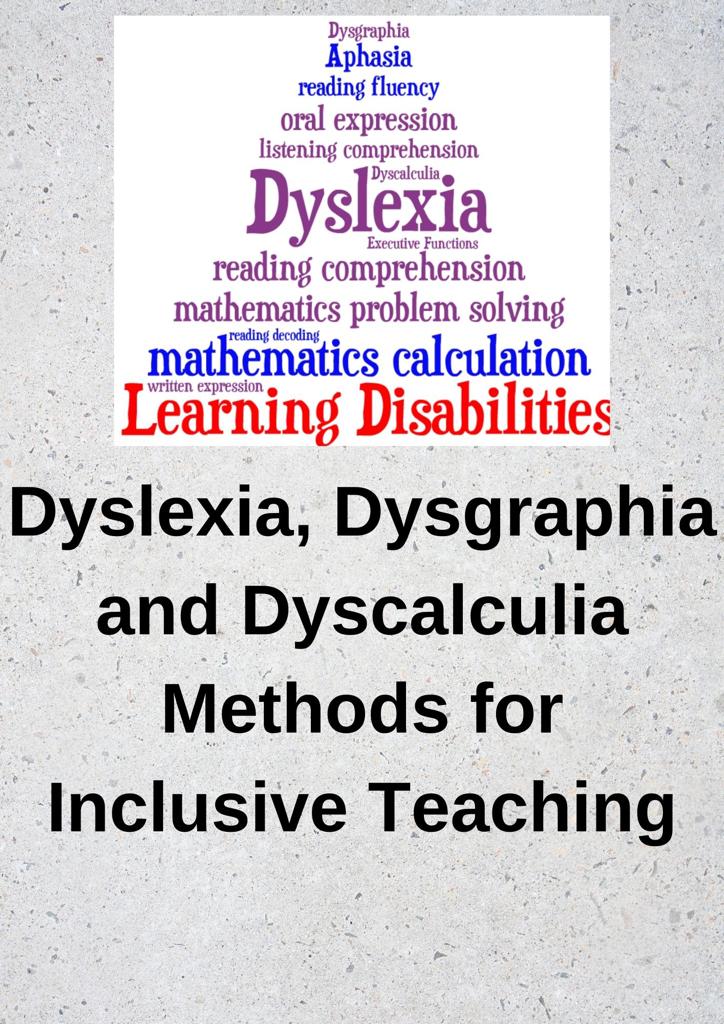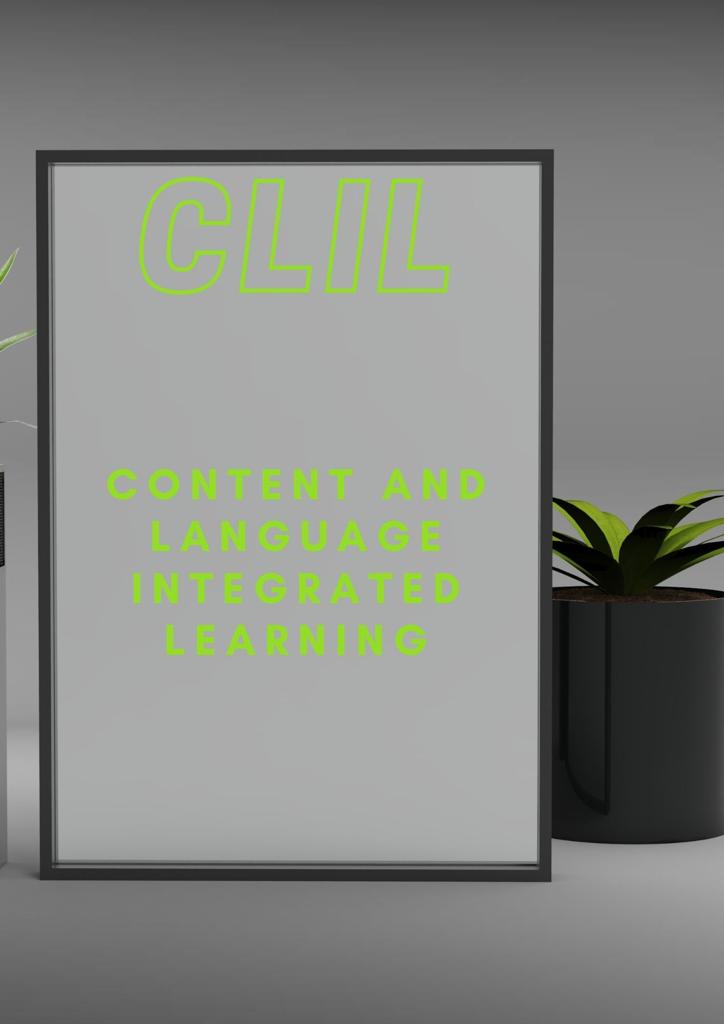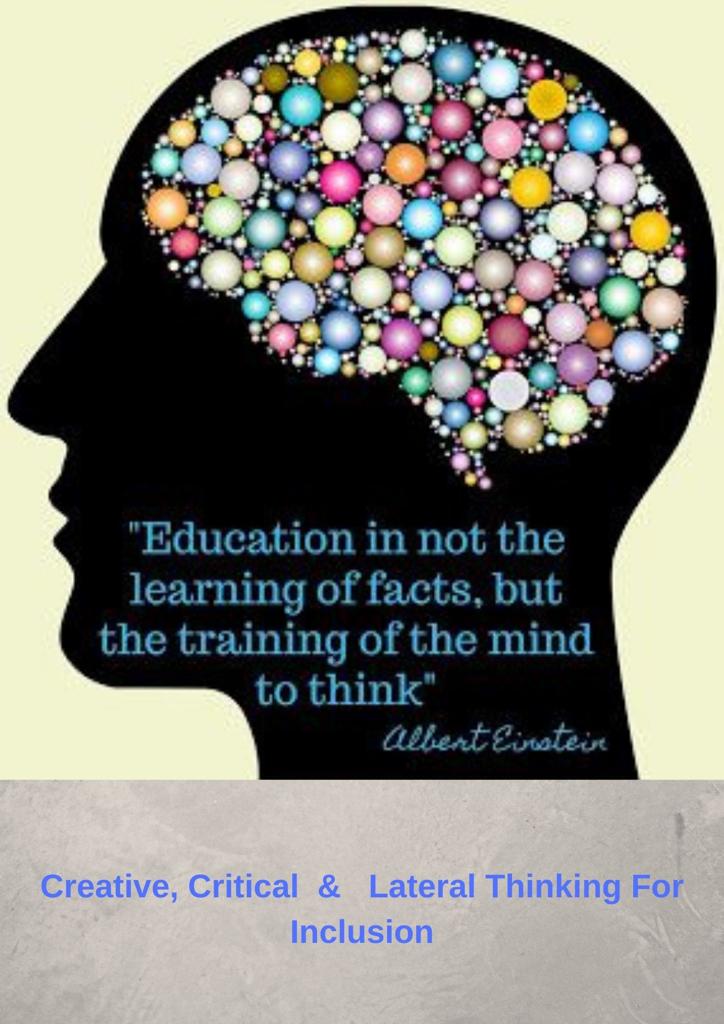| Course Description | This course provides an in-depth analysis of the developmental and sexual education requirements pertinent to individuals with intellectual disabilities. Participants will engage in the scholarly discourse surrounding the distinct developmental characteristics and sexual behaviours observed within this demographic. Topics of focus encompass impulse control and privacy education, mechanisms for acclimating to physiological changes, as well as strategies for cultivating a positive sexual identity and exhibiting appropriate behaviours. Furthermore, attention is directed towards preventative measures concerning pregnancy and disease transmission, alongside considerations pertinent to navigating romantic affiliations. Emphasis is placed on familial collaboration within sexual education initiatives, augmented by the application of rigorous evaluation methodologies including question-and-answer formats, general assessment tests, and practical assessments aimed at ensuring pedagogical efficacy. |
| Methodologies Of The Course | 1. Lectures and Presentations: Expert-led lectures and presentations will provide participants with foundational knowledge on development characteristics, sexual education, and related topics.
2. Case Studies: Real-life case studies will be analyzed to deepen understanding and facilitate the practical application of concepts discussed in the lectures.
3. Group Discussions: Structured group discussions will encourage active participation and facilitate peer-to-peer learning, allowing participants to share insights and perspectives.
4. Workshops and Role-playing: Interactive workshops and role-playing exercises will provide opportunities for hands-on learning and skill development, particularly in areas such as communication and relationship dynamics.
5. Reflection and self-assessment: Reflection activities and self-assessment tools will encourage participants to reflect on their learning progress and identify areas for further development.
6. Practical Assignments: Assignments will be given to reinforce learning and encourage the practical application of concepts covered in the course.
7. Evaluation: Various evaluation methods, including question-and-answer activities, general tests, and applied assessments, will be employed to assess learning outcomes effectively. |
|
Learning Outcomes |
Upon completion of this course, participants will be able to:
These learning outcomes are designed to equip participants with the knowledge, skills, and competencies necessary to support individuals with intellectual disabilities in navigating sexual development and relationships effectively. |
| Language | English |
| Duration | 5 Days |
| Type of Certification Awarded |
|
Schedule of the activities
|
Online Meeting Program |
– Meeting with the trainer – Presentation of info pack – Q & A session
|
| Day 1 | · Introduction to Development Characteristics of Individuals with Intellectual Disabilities
· Exploring Sexual Development Characteristics of Individuals with Intellectual Disabilities · Overview of Sexual Education with a Focus on Intellectual Disabilities · Group Discussion and Q&A Session on Day 1 Topics |
| Day 2 | · Strategies for Impulse Control in Individuals with Intellectual Disabilities
· Privacy Education in Individuals with Intellectual Disabilities · Understanding Sexual Behavior in Individuals with Intellectual Disabilities · Case Studies and Practical Applications Discussion |
| Day 3 | · Adapting to a Developing and Changing Body
· Promoting Positive Sexual Identity and Appropriate Behaviors · Interactive Workshop: Role-playing Scenarios on Body Changes and Identity · Group Reflection and Discussion
|
| Day 4 | · Pregnancy and Disease Prevention in Individuals with Intellectual Disabilities
· Understanding and Navigating Romantic Relationships · Workshop: Communication Skills in Romantic Relationships · Group Activity: Developing Support Plans for Healthy Relationships
|
| Day 5 | · Best Practices in Sexual Education for Individuals with Intellectual Disabilities
· Engaging Families in Sexual Education Initiatives · Evaluation Methods: Question and Answer Activities, General Tests, and Applied Assessments |
| Online Meeting Program | Araxa Edu supports your dissemination activities
|
| PLANNED | İstanbul, Türkiye
1. 06 – 10 May, 2024 2. 27 – 31 May, 2024
Barcelona, Spain 1. 03 – 07 June, 2024 2. 12 – 16 August, 2024 3. 14 – 18 October, 2024 4. 25 – 29 November, 2024
|
You can also make requests for different dates and locations when filling out the pre-registration form, aside from the planned program.
The course fee is 80 euros per participant per day. This fee does not cover some expenses like accommodation, travel, etc. Costs covering enrollment fees for staff mobility format ‘Courses and training’. ( Source: Erasmus+ Program Guide)





